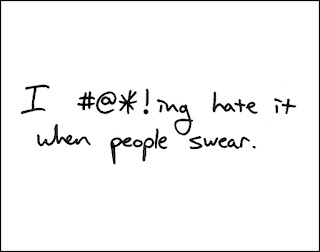2 Words Forward
Read, Write
As you might have guessed from the picture above or the background of this blog I like books. Oh, and the fact that I'm a writer might also have tipped you off. The thing is that I've met people who love the idea of writing but don't read. I'm not surprised merely because I've always been a bookworm, there are a couple of more troubling things about this. Firstly, it's important to know your industry — you can't expect to pen a book and get published without knowing a bit about what's around at the time (or, as my inner nerd would say 'One does not merely walk into publishing'). Secondly, and most importantly, you're missing out on a massive part of your education by not reading. As a reading writer you'll find words that you can use and your grammar will improve because you're immersing yourself in edited work. There are other things to consider too. When you read a piece you can look at the tricks the author uses in their writing: does the author reveal plot points all at once or are they hinted until they become clear? Does the author change the tempo of their sentences to match the action of the story? Are different characters written in different ways to aid differentiation? There is so much more than just these examples that you can pick up when you read. Also, you might just enjoy the book!
1 Word Back
Blue
If you think I'm the kind of person who doesn't swear then you probably don't know me very well and you have definitely never been in the car with me. I sometimes write swear words too, but I try to keep it audience appropriate (''That motherf**ker's still in my bed!' cried the little bear' is not something I would put in Goldilocks unless I was doing a gritty re-boot starring Samuel L. Jackson). That's part of the work of an editor: we can't merely ensure that the language is correct or that it correctly phrased for the text (ie. to blank out letters or to let the word stand) but we need to consider whether the language is appropriate for the target audience. It's not something limited to swear words, either, but across all language. Is the author using uncommon or unusual words? We have to consider whether the audience will understand this. If it's an academic work and the words are used correctly you may wish to let this stand. Literature can also get away with exercising the vocabulary but if you're editing a novel which is making an attempt at reaching a broad audience then you have to consider whether the large words could still be expressed using more basic language. I'm no slouch when it comes to vocab but I've been alienated by authors who use words frequently which are uncommon. I just can't be bothered using a dictionary every time something comes up so I don't bother reading them. There are more than enough books which are entertaining and accessible so unless you're targeting an audience which will understand or appreciate the use of uncommon words re-phrase it: you're not dumbing it down if you're saying the same thing and more people will be able to read it.


I also find it very bizarre about writers who don't read. That's like an artist that doesn't consider other art, or designers who don't look at other design. You must study your own industry if you have any chance of growing. The only way you can get better is by copying, being inspired, and knowing why you're different or why you're the same!
ReplyDelete